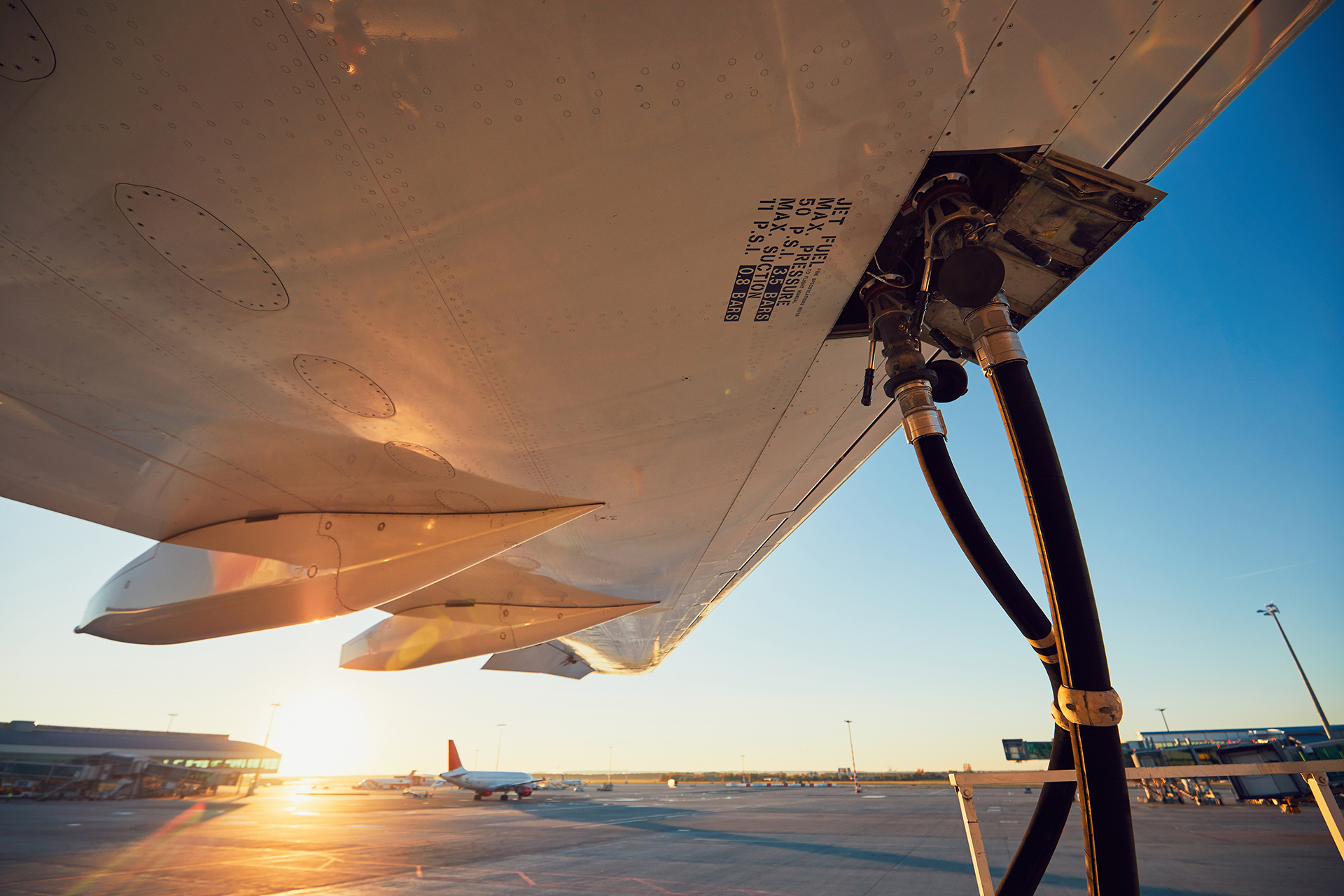Sustainable Aviation Fuel (SAF) is still costlier than conventional jet fuel due to technological, economic, and supply chain factors.
SAF is still in its early stages, produced in relatively small volumes around the world. Clearly, economies of scale haven’t kicked in yet — lower volumes mean higher costs per unit of sustainable aviation fuel.
SAF production is expected to grow to 2mn tonnes (Mt) in 2025, accounting for just 0.7% of airline fuel use, according to Willie Walsh, IATA’s Director General.
SAF production will double from the 1Mt produced in 2024 (all of which was purchased by airlines), but production needs an exponential expansion to meet the demands of the industry’s commitment to net zero carbon emissions by 2050, Walsh said at the recent International Air Transport Association (IATA) Annual General Meeting in New Delhi.
IATA estimates that the average cost of SAF in 2024 was 3.1 times that of jet fuel, for a total additional cost of $1.6bn. In 2025, the global average cost for SAF is expected to be 4.2 times that of jet fuel.
This extra cost is largely the result of SAF ‘compliance fees’ being levied by European fuel suppliers to hedge their potential costs as a result of European SAF mandates to include 2% SAF in the jet fuel supply.
“The behaviour of fuel suppliers in fulfilling the SAF mandates is an outrage. The cost of achieving net zero carbon emissions by 2050 is estimated to be an enormous $4.7tn. Fuel suppliers must stop profiteering on the limited SAF supplies available and ramp up production to meet the legitimate needs of their customers,” Walsh noted.
The cost of the Carbon Offsetting Reduction Scheme for International Airlines (CORSIA) to airlines is expected to reach $1bn in 2025.
The market for CORSIA credits will grow, but Guyana is the only country to have issued certificates for the high-quality credits that the scheme requires.
Since SAF is one of the key enablers for air transport’s net zero commitments, its production must be accelerated, IATA says.
Net zero in every industry requires replacing the energy source – not the activity that relies on it.
With the world relying on fossil fuels for over 80% of its energy consumption, IATA insists that this is a whole-economy issue, and that no single industry can achieve this on their own.
All governments must maximise renewable energy, and renewable fuel production, for all.
This, in turn, will maximise also air transportation’s contribution to the global economy, and its ability to accelerate growth in most other industries, to achieve better economic and environmental outcomes for all.
The top priority is to increase renewable energy and fuel production. In doing so, governments must be mindful of unintended consequences that often afflict new and immature markets, and take action to eliminate oligopolistic pricing behaviour…



